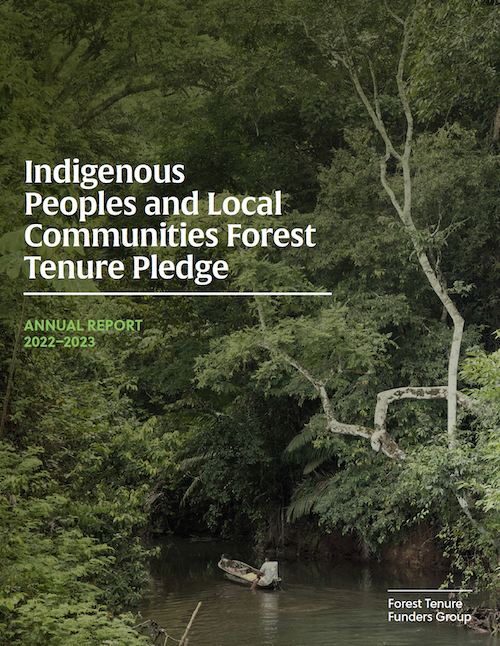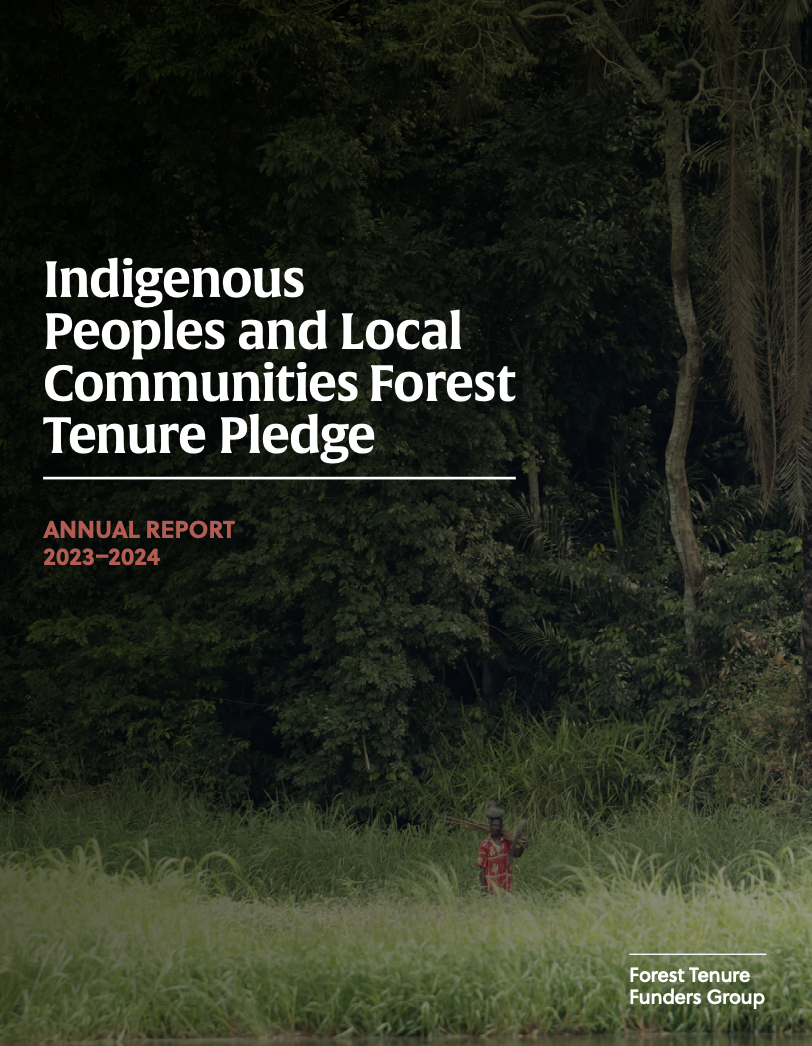The local costs of biodiversity offsets: Comparing standards, policy and practice
Biodiversity offsets seek to counterbalance loss of biodiversity due to major developments by generating equivalent biodiversity benefits elsewhere, resulting, at least in theory, in ‘no net loss’ (or even a ‘net positive gain’) in biodiversity. While local costs of major developments themselves receive significant attention, the local costs of associated biodiversity offsets have not.




